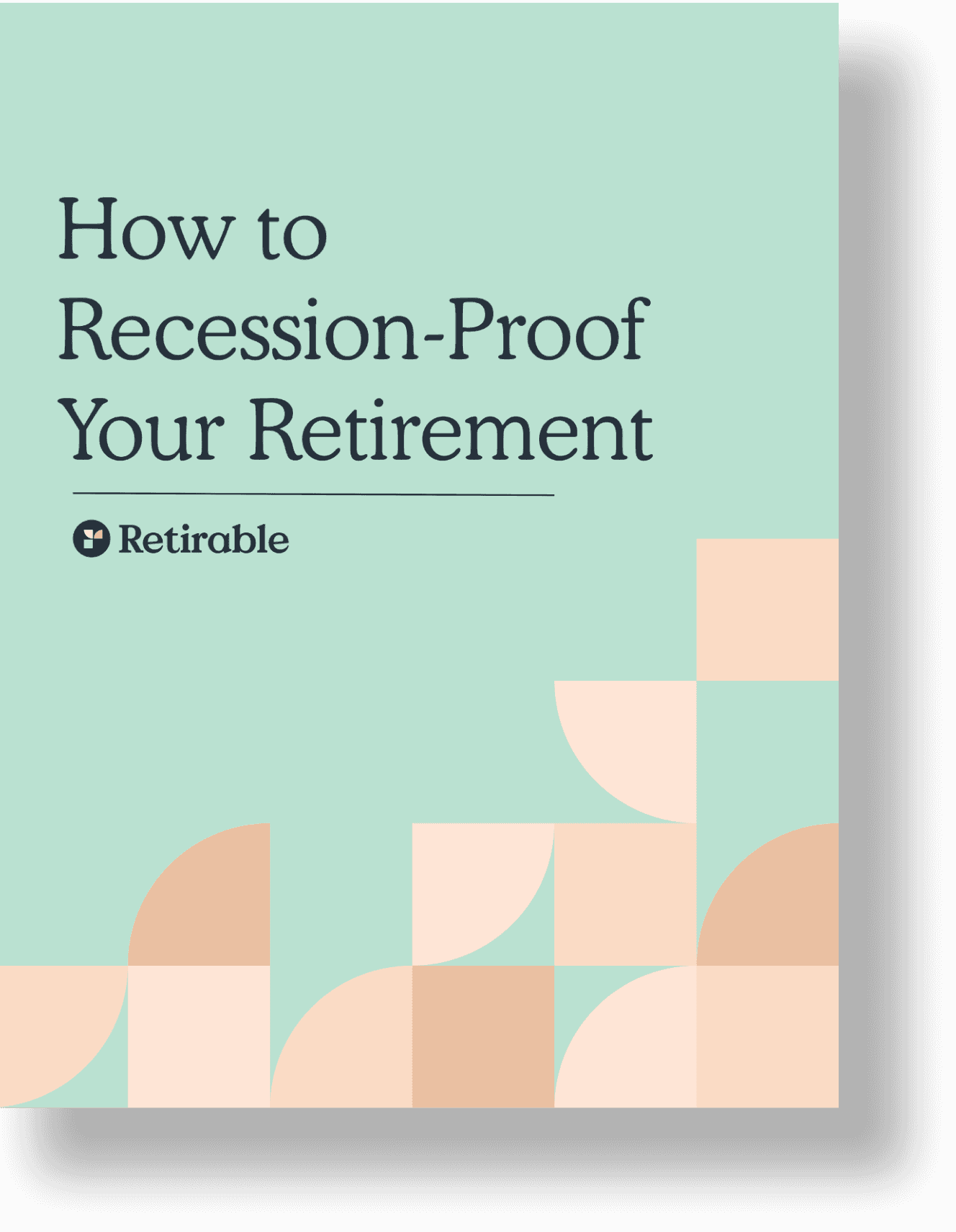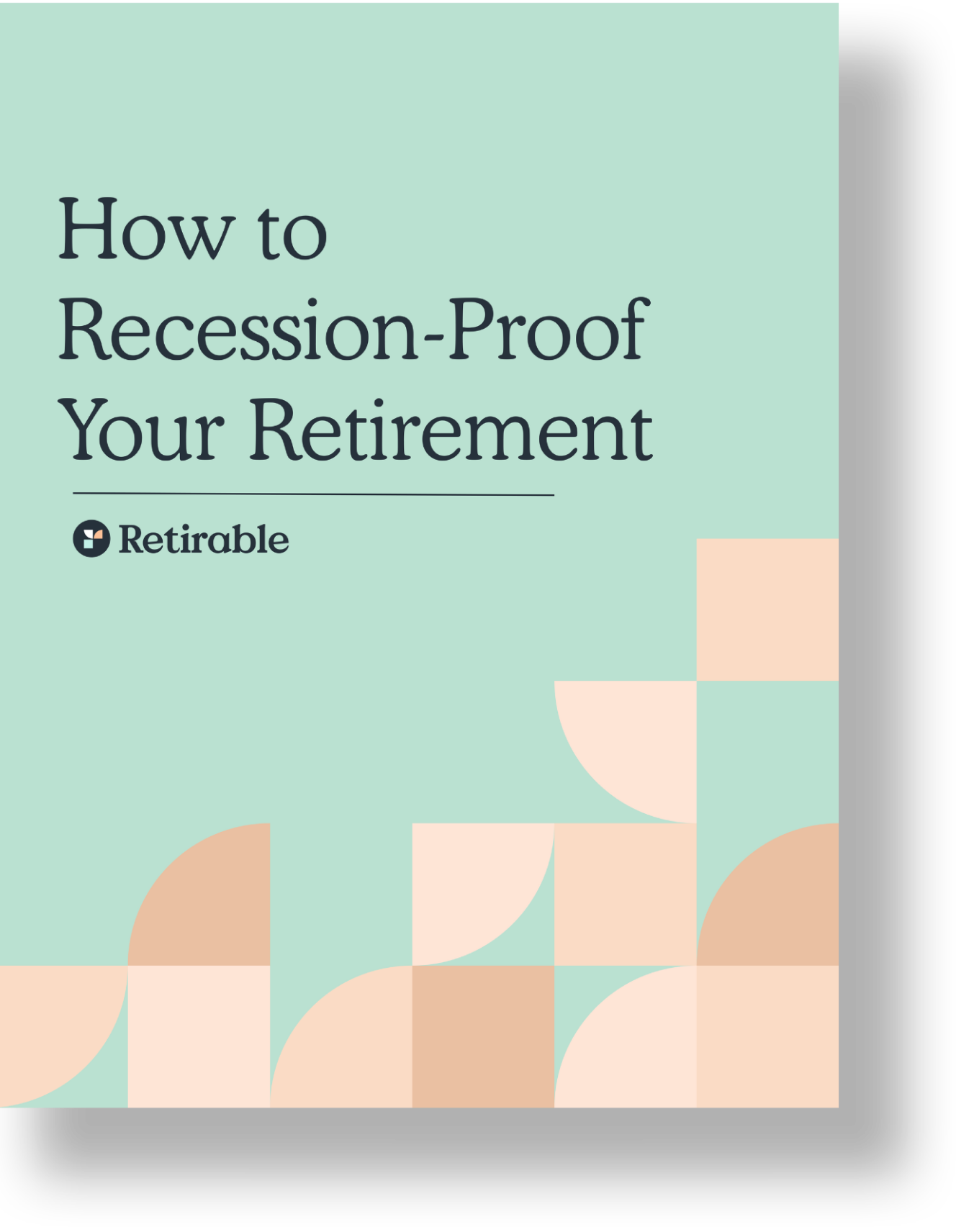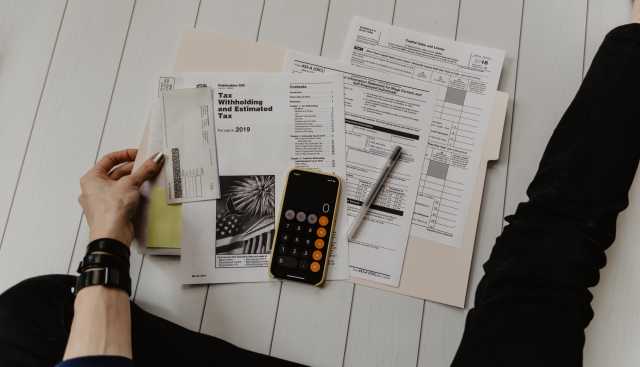Estate Planning
As you get older, leaving a legacy may become increasingly important. It’s comforting to know that after you’re gone, a part of you will remain.

R. Tyler End, CFP®
•
Published May 11th, 2023
•
Updated February 2nd, 2024
Table of Contents
Key Takeaways
When someone dies, usually that person is remembered by at least a small number of people. This is that person’s legacy.
There are various ways to leave a lasting legacy, including writing a unique epitaph and having a giving spirit.
It’s also important to consider your financial legacy, which refers to the assets you’ll leave behind for your loved ones.
As you get older, leaving a legacy may become increasingly important. It's comforting to know that a part of you will remain after you're gone. Your family and friends will never forget you, but "legacy" goes beyond memories.
If you want to make a more widespread, lasting impression, there are multiple ways to leave a legacy. This guide will help you understand what leaving a legacy means and what you can do to ensure you're remembered.
What is a Legacy?
Leaving a legacy means making an impact that will last long after death. It could be financial, something you create, or through the people you touch while alive. The good news is there is always time to start building a legacy that will outlive you.
Worried about your legacy?

How to Leave a Legacy
Some might think, "I don't want to leave a legacy." That's perfectly okay. But before dismissing it altogether, consider the various ways to leave a legacy. You may find that your focus is limited to your children and grandchildren, or you may prefer a touching funeral that gives everyone a chance to say goodbye. Here are some ways to leave a lasting legacy, both large- and small-scale.
Write your own professional epitaph
If you plan to have a marker in a cemetery, leaving behind a legacy just takes a few words. An epitaph is a short saying engraved on the tombstone for visitors to see for the rest of time. Alexander the Great’s epitaph was “A tomb now suffices him for whom the world was not enough,” while Rodney Dangerfield’s was “There goes the neighborhood.”
Evaluate your life
Leaving a legacy means knowing you've left your mark on the world. The best thing to do is stop where you are now and evaluate. If you died today, what would people say about you? Are you happy with being known for that?
If you don't like what you find, you can ask how to leave a legacy that would make you happy. Write down what you'd like people to say about you and start living a life that will make that happen.
Pass along your values
For many, leaving a legacy applies specifically to the next generation. If you have kids, look at your example for them. Have you imparted the values you hold dear to them through example and teaching them?
Even if you don't have kids, you can still pass your values to younger generations. You don't have to ask strangers, "Can I be your legacy?" Instead, consider volunteering to help with a youth group or coaching youth sports. There are countless opportunities to make an impact on future generations.
Practice generosity
Generosity is a common theme among those who leave strong legacies. Generous people tend to touch more lives and, as a result, leave a stronger legacy. At funerals, words like “giving spirit,” “always cared about others,” and “big heart” are often used in eulogies.
Generosity is simple: put others first and help those in need. It can be as small as helping out a friend or as large as aiding in disaster relief. If it’s about family legacy, involve household members in your generous acts.
Create a plan to transition your wealth
Consider your financial legacy. What assets will you leave behind for your survivors? Even if you don’t have substantial wealth, it’s important to think about how much money you want to leave when you die.
Having a formal estate plan, including a written will, helps ensure your loved ones are taken care of. The sooner you start working on your will, the more time you’ll have to ensure your wishes are fulfilled.
Final Thoughts
If you’ve heard people refer to legacy, what is a legacy is a natural question. But your loved ones will likely ensure that you’re remembered long after you’re gone. If you’re concerned about your financial legacy, we recommend working with a Certified Financial Planner® to look at your assets and come up with a plan to leave the legacy you envision for your family.
Share this advice

Tyler is a Certified Financial Planner® and CEO & Co-Founder at Retirable, the retirement peace of mind platform. Tyler has nearly 15 years of experience at leading companies in the wealth management and insurance industries. Before Retirable, Tyler worked as Head of Operations Expansion at PolicyGenius, expanding the company’s reach into new products — turning PolicyGenius into an industry-leading disability and P&C insurance distributor. Before working at PolicyGenius, Tyler worked as Wealth Management Advisor at prominent financial services organizations.
As an advisor, Tyler played an integral role in helping clients define goals, achieve financial independence and retire with peace of mind. Through this work, Tyler has helped hundreds of thousands of people get the financial planning and insurance advice they need to succeed. Since founding Retirable, Tyler’s innovative approach to retirement planning has been featured in publications such as Forbes, Fortune, U.S. News & World Report, and more.
Intro to Estate Planning
Wills
Trusts
Divorce Considerations For Retirement
Estate Settlement
Share this advice

Tyler is a Certified Financial Planner® and CEO & Co-Founder at Retirable, the retirement peace of mind platform. Tyler has nearly 15 years of experience at leading companies in the wealth management and insurance industries. Before Retirable, Tyler worked as Head of Operations Expansion at PolicyGenius, expanding the company’s reach into new products — turning PolicyGenius into an industry-leading disability and P&C insurance distributor. Before working at PolicyGenius, Tyler worked as Wealth Management Advisor at prominent financial services organizations.
As an advisor, Tyler played an integral role in helping clients define goals, achieve financial independence and retire with peace of mind. Through this work, Tyler has helped hundreds of thousands of people get the financial planning and insurance advice they need to succeed. Since founding Retirable, Tyler’s innovative approach to retirement planning has been featured in publications such as Forbes, Fortune, U.S. News & World Report, and more.





